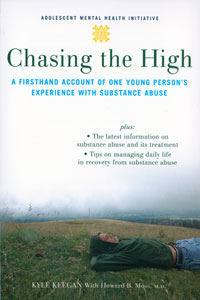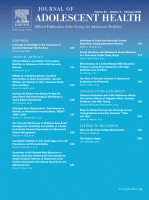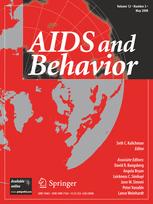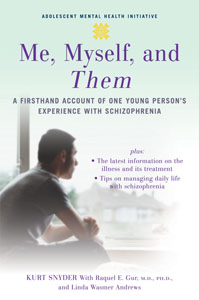The NASY was first conducted in its present form in 2002, in the inaugural year of the Adolescent Risk Communication Institute of the APPC. The NASY expanded on prior surveys involving tobacco use to include questions on gambling, media use, positive youth activities, suicide risk and mental health, and stigma of mental disorder.
Health and Risk Communication
National Health Behavior Survey Data Now Available
Data from the Annenberg National Health Communication Survey (ANHCS) is now available to the public on a new website (http://anhcs.asc.upenn.edu). Core data from the 2005 ANHCS survey has been posted and will soon be updated to include 2006 core data and a user’s guide. The Annenberg National Health Communication Survey is designed to capture national
Holiday-Suicide Link: Newspapers Turn the Corner
Newspapers are close to putting to rest the myth that the holidays increase the risk of suicide. A new study shows a dramatic drop in articles that – despite having no basis in fact – attribute the arrival of the holiday season with an uptick in suicides. An analysis of newspaper reporting released today by
Card Playing Down Among College-Age Youth; Internet Gambling Also Declines
Card playing for money among college-age youth (18 to 22) has declined, according to the latest National Annenberg Survey of Youth. Weekly use of the Internet for gambling also declined among this age group. Both declines are statistically significant. “This year’s strong drop in weekly card playing among college-age youth indicates that the fad has
Respect, not behavioral controls, produces healthy school environments
Schools may contribute to reducing adolescent health risks by building “climates of respect,” in which teachers and administrators are responsive to — and value — the feelings and perspectives of students, a new study has concluded. Such climates produce healthier behavior than those that focus exclusively on behavioral control. The results of the study, which
APPC Researchers Urge for More Effective Cigarette Warning Labels
Today’s Philadelphia Inquirer features an op-ed in favor of the adoption of Canadian-style cigarette warning labels in the U.S. Such large, graphic warning labels are more effective, argue Professor Paul Slovic of the University of Oregon and APPC scholars Dan Romer and Kathleen Hall Jamieson, authors of the op-ed. The authors cite their research, published earlier this year in Nicotine & Tobacco Research, suggesting that graphic warnings



